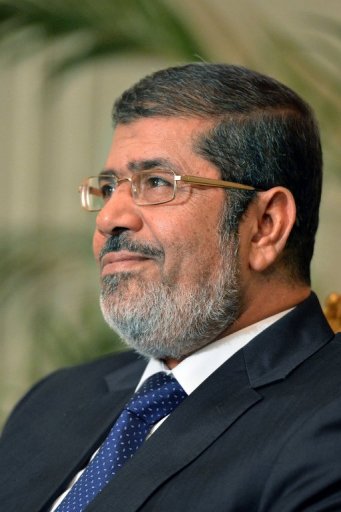The first International Forum of the Alliance of Civilizations, conceived as an antidote to the idea that the world is doomed to a “clash of civilizations, recently met in Madrid and revealed that there is more than a grain of truth in Robert Kagan’s idea that Americans are from Mars and Europeans from Venus.
Ever since September 11, 2001, the United States has been engaged in a crusade against the forces of evil in the Muslim world. By contrast, the March 11, 2004, terrorist attack on Spain, which left 200 dead, triggered an “anti-crusade that seeks to disarm extremism by building bridges of understanding and reconciliation with Islam.
Co-sponsored by Spain and Turkey, the Alliance of Civilizations initiative is not devoid of political calculation. To the Spaniards, it helps to justify their abrupt withdrawal from Iraq in 2004; for the Turks, it is yet another vehicle in their struggle, as the vital bridge between Islam and the West, for admission into the European Union.
A loose and somewhat confused project, the Alliance of Civilizations aims to heal the wounds of conflict between Islam and the West through education, viable integration policies, and a better-informed dialogue with the media. But it suffers from the major global players’ profound skepticism, with the US, Russia, and, for that matter, the EU shown no real enthusiasm for it.
However vague, the alliance of civilizations idea certainly cannot do more harm than war against Islamic extremism. After all, none of the Muslim world’s problems and conflicts with the West are susceptible to a military solution. Moreover, the Alliance is not an entirely incoherent proposal if the objective is that the West disengage from the politics of hubris and establish a genuine sphere of cooperation with the Muslim world in economics, culture, and science.
Of course, the idea is held back by the inner workings of both parts of the proposed alliance. Many in the West question whether Islam is compatible with human rights and Western concepts of liberty. Many Muslims who have been fighting for years for their countries’ modernization have so far failed to find a lucid response to the progressive wave of radical Islam.
To claim that Islam is incompatible with human rights is to consider it a civilization too hidebound to change. This is a historic fallacy. Nor is the claim that Islam is intrinsically inimical to innovation viable, because Muslim civilization has contributed mightily to science and art throughout history. Today, Western universities are replete with distinguished Arab scholars in almost every field – the result of a brain drain that itself reflects the Islamic world’s centuries of decline. In 2005, the 17 countries of the Arab world together produced 13,444 scientific publications, fewer than the 15,455 achieved by Harvard University alone.
Enemies of reason, however, are also to be found in the West. We live in an age in which many people are disillusioned with secular politics, and are turning to religion instead, not only throughout the Muslim world, but in the core of Western civilization, Christian Europe and Evangelist America. Nor is the Jewish state of Israel, where Messianic fanatics and religious nationalists have embraced a political theology that questions the very legitimacy of the democratic institutions, immune from this phenomenon.
The current crisis of Islam might not be congenital, but Islam’s predicament is acute. The question is this: are Muslims ready to accept that Khomeini’s dictum that “Islam is politics or it is nothing is wrong, that Islam is a religion and not a form of government, and that, as in the Christian world, there is a sphere for Caesar and a sphere for God? Those in the Muslim world who want to embrace reform must be driven by the conviction that theocracy has never served as a vehicle for human progress.
Of course, the Alliance of Civilizations should not attempt to bridge differences by defending moral relativism. If it is driven by a Western guilt complex that assumes that the solution simply lies in greater empathy for the Muslim predicament, then the skeptics are bound to be vindicated. For the Alliance of Civilizations to have any chance of success, the emphasis must be on reciprocity. Tolerance and religious freedom must be mutual. Islam’s part in the deal must include a guarantee of human rights and civil liberties, improvement in women’s status, and realistic policies to stem the Islamic world’s demographic explosion.
Some, as usual, will claim that the Arab-Israeli conflict lies at the root of the problems that exist between Islam and the West, and that resolving the Palestinians’ plight will contribute immensely to smoother relations. But Arabs and Muslims must stop deluding themselves that the Israel-Palestine dispute is what is holding them back. Ending the American occupation in Iraq and imposing an Arab-Israeli peace would help, but they are no panacea. The fight to eradicate misery, illiteracy, and corruption, and Islam’s embrace of science, do not depend on the results of the Middle East peace process.
Shlomo Ben-Ami, a former Israeli foreign minister, now serves as the vice-president of the Toledo International Centre for Peace. He is the author of Scars of War, Wounds of Peace: The Israeli-Arab Tragedy. This commentary is published by DAILY NEWS EGYPT in collaboration with Project Syndicate (www.project-syndicate.org)


